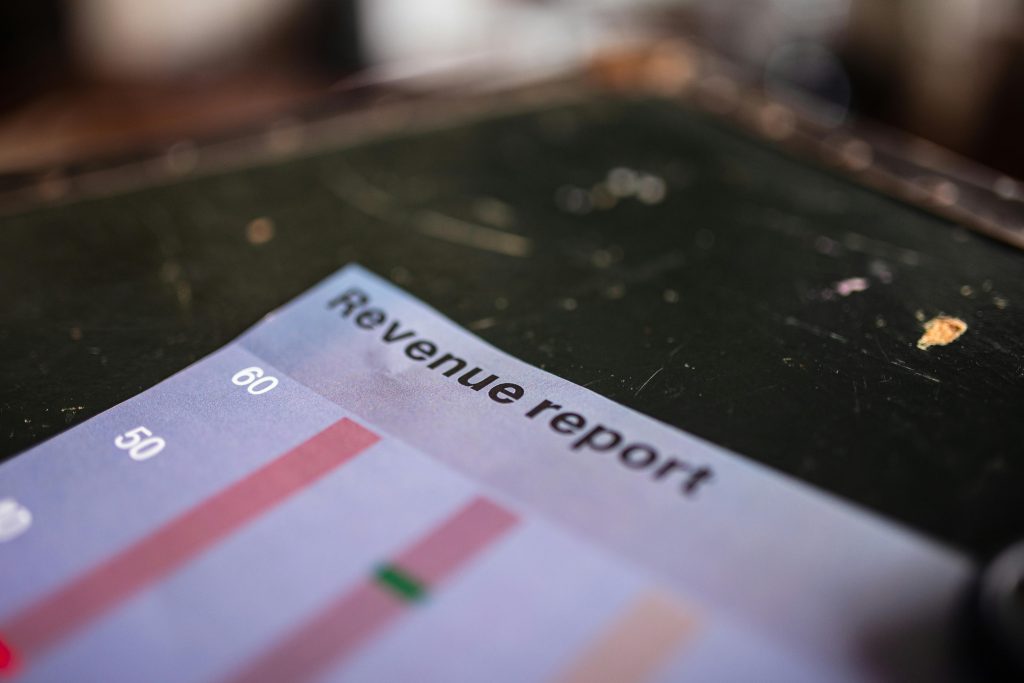In the fast-paced world of modern business, data intelligence has emerged as a powerful tool for making strategic decisions and achieving growth. Restaurants, as integral parts of the hospitality industry, are increasingly turning to data analytics to enhance their operations and stay ahead of the competition. In this article, we will delve into how data intelligence can be effectively utilized to scale restaurant operations and ensure long-term success.
Implement a Robust Data Collection System
The foundation of data-driven decision-making in restaurants lies in implementing a robust data collection system. This involves identifying key metrics pertinent to the restaurant’s success, such as sales figures, customer demographics, and inventory levels. Investing in a reliable Point of Sale (POS) system capable of real-time data analysis is crucial. End-of-day restaurant reports received from it will help you immensely in analysis. Additionally, exploring other avenues like customer feedback surveys, online reservation platforms, and loyalty programs can provide valuable insights into customer preferences and behavior.
Analyze Customer Preferences
Understanding customer preferences is paramount in tailoring the restaurant’s offerings to meet market demands. Data intelligence can help in identifying popular menu items, peak hours, and customer feedback, thereby facilitating optimization of the menu and enhancing overall customer satisfaction. By leveraging data, restaurants can also personalize marketing campaigns to target specific customer segments, ultimately driving sales and fostering customer loyalty.
Optimize Inventory Management
Effective inventory management is essential for minimizing costs and ensuring seamless operations. Data intelligence enables restaurants to track inventory levels, analyze demand patterns, and forecast future requirements accurately. By leveraging historical sales data and setting up automated alerts for low-stock items, restaurants can streamline their supply chain and reduce wastage, ultimately improving profitability.
Streamline Staff Scheduling
Proper staff scheduling is critical for maintaining operational efficiency while keeping labor costs in check. Data intelligence allows restaurants to analyze employee performance, track labor costs, and determine optimal staffing levels based on demand patterns. By utilizing data-driven insights, restaurants can ensure optimal coverage during peak hours while minimizing costs during slower periods, thereby optimizing resource allocation and enhancing overall productivity.
Enhance Marketing Strategies
Data intelligence revolutionizes marketing strategies by enabling restaurants to segment their customer base and create targeted campaigns. By analyzing customer preferences, purchase history, and demographic data, restaurants can personalize marketing messages to resonate with their target audience effectively. Monitoring the effectiveness of marketing efforts through data analytics enables restaurants to make informed adjustments, maximizing return on investment (ROI) and driving revenue growth.
Monitor Operational Efficiency
Regular monitoring of key performance indicators (KPIs) is essential for maintaining operational efficiency and delivering high-quality service. Data intelligence allows restaurants to track metrics such as table turnover rate, wait times, and customer satisfaction, identifying areas for improvement and implementing necessary changes. By consistently reviewing operational data, restaurants can ensure a seamless dining experience for customers while optimizing internal processes for maximum efficiency.
In conclusion, data intelligence holds immense potential for revolutionizing restaurant operations and driving sustainable growth. From optimizing inventory management to enhancing marketing strategies, data-driven decision-making empowers restaurants to stay competitive in a rapidly evolving industry landscape. By embracing a data-centric approach and leveraging actionable insights, restaurants can scale their operations effectively and achieve long-term success. So, seize the opportunity to harness the power of data intelligence and take your restaurant to new heights of excellence.



